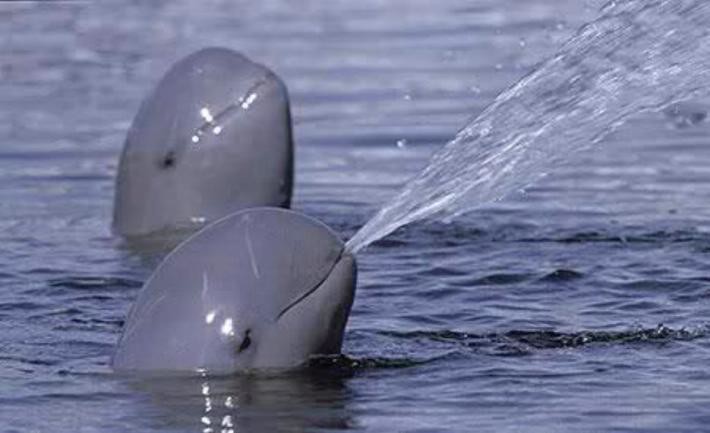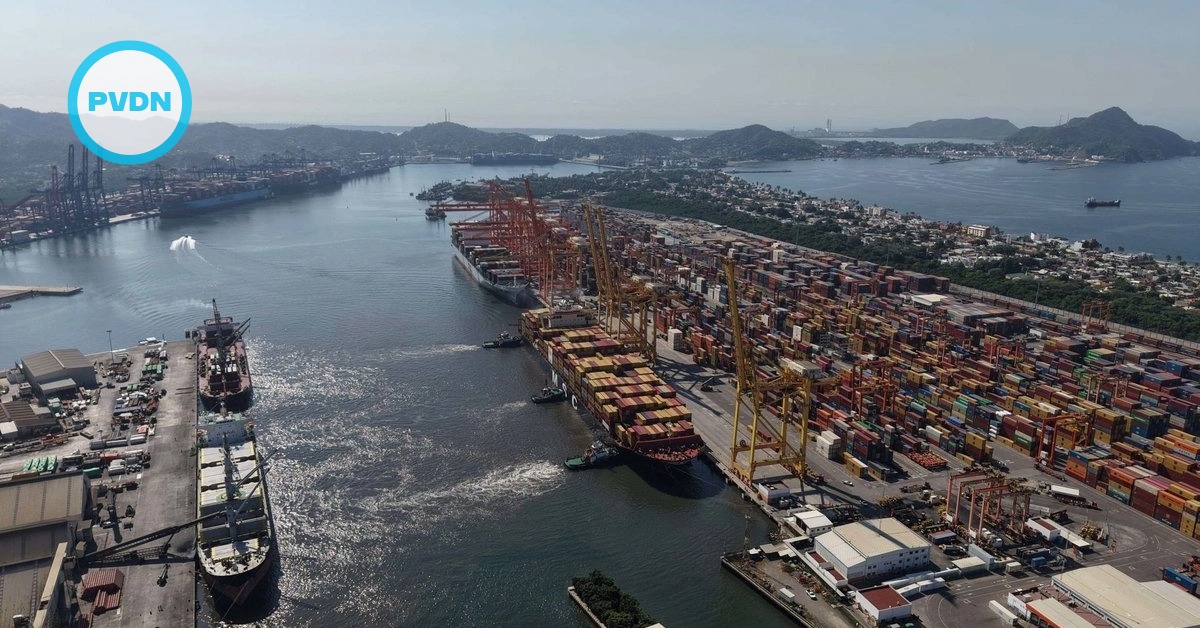It will be a risky effort, because the species has never been held successfully in captivity.
According to rough estimates, only about three dozen of the world's smallest porpoise remain in the upper Gulf of California, the only place it lives. With population numbers falling by 40 percent annually - there were 60 alive a year ago - there could now be as few as eight breeding females left.
Fishermen lured by Chinese demand for a fish that swims in the same waters have apparently defeated Mexico's efforts to protect the vaquita in its natural habitat.
Lorenzo Rojas-Bracho, chairman . . .






